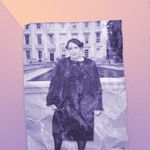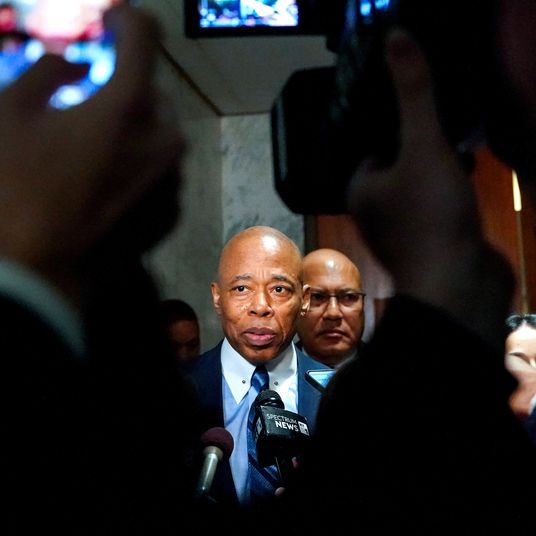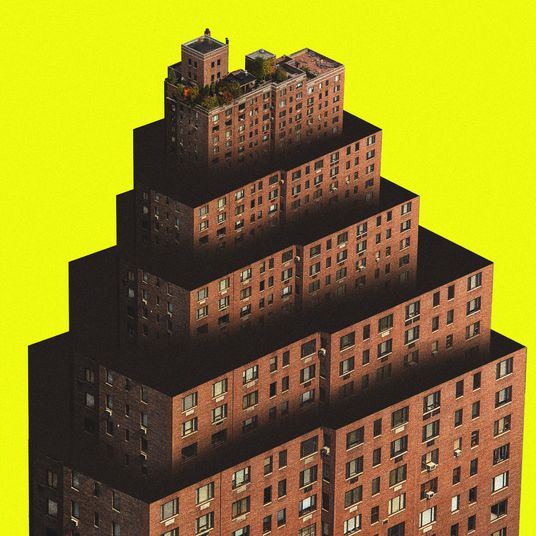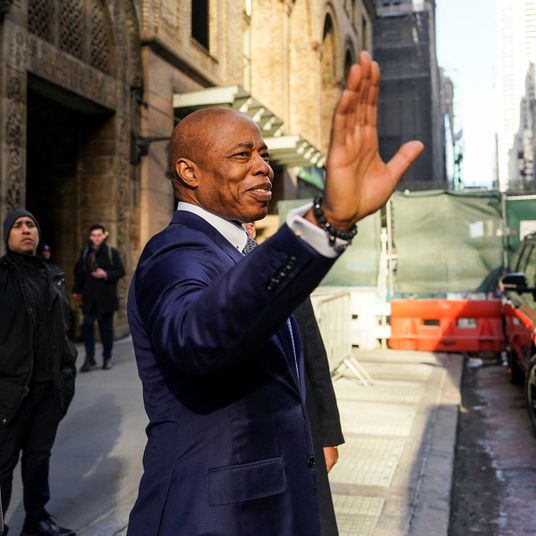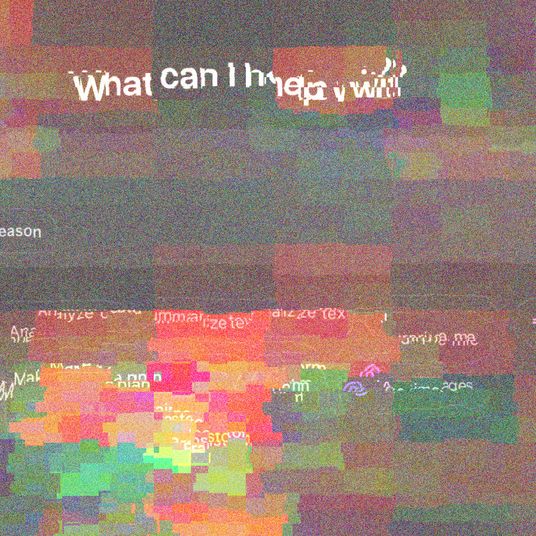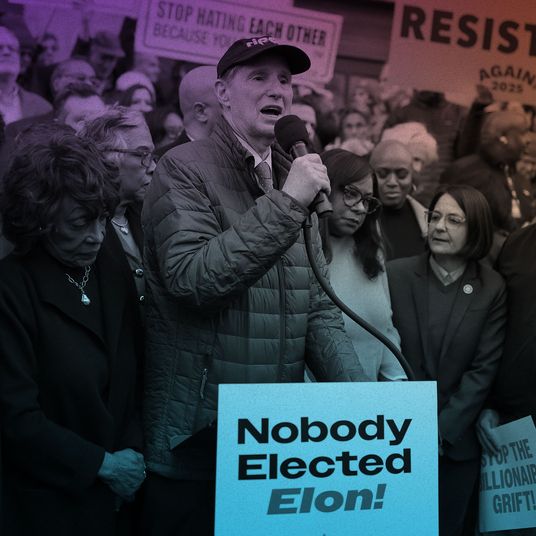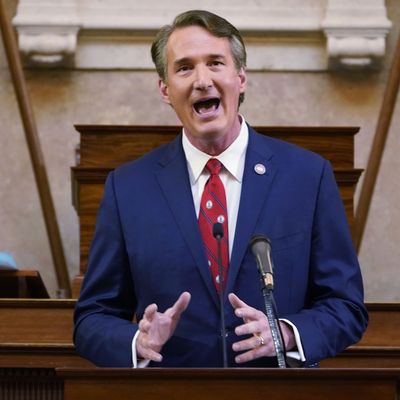
Once rumored to be a moderate, Virginia governor Glenn Youngkin has revealed his true sympathies. The Republican wasted little time after taking office this month: He swiftly banned the teaching of critical race theory in schools, even though the subject wasn’t being taught in Virginia classrooms. Yet that wasn’t enough. He’s also set up an email tip line that allows parents to report “inherently divisive practices” in schools, including any attempts to enforce mask mandates and, of course, the teaching of what he terms CRT. “We’re asking for folks to send us reports and observations that they have that will help us be aware of things like privilege bingo, be aware of their child being denied their rights that parents have in Virginia. And we’re going to make sure we catalogue it all,” he said on a right-wing radio show.
Youngkin’s snitch line might not work as well as he’d hoped. A few celebrities and Twitter personalities have already urged fans and followers to flood the email address with bogus complaints. This is mildly humorous — what else did Youngkin think would happen? — but it doesn’t entirely negate the harm posed by the idea behind the tip line. Youngkin has deputized his most rabid followers against the state’s teachers, a group he seems eager to sacrifice to the mob. Not only must teachers contend with the tip line, the governor is also trying to deprive them of a means of protection against COVID in public schools. Parents can report them for so many sins.
The tip line in Virginia follows closely on other, conservative-led efforts to ban the alleged teaching of CRT and to remove certain books from school curriculums and libraries over various examples of wrongthink. The right is not new to book banning or to censorship writ large. The Christian right, for example, has long agitated against books with LGBT or feminist themes in libraries and classrooms. As Ryan Cooper recently observed in The Week, right-wing parents have been trying to ban books for decades, and almost no classic is safe. Parents “challenged The Grapes of Wrath in Greenville, South Carolina, in 1991 because it invoked God and Jesus in a ‘vain and profane manner,’” Cooper noted. The right’s censorious impulses are undiminished by time. In Tennessee, the McMinn County school board just voted to remove Maus — Art Spiegelman’s acclaimed graphic novel of the Holocaust — from an eighth-grade curriculum over its depictions of violence, nudity, and profanity.
Despite the right’s uncompromising grip on censorship, it’s the left, often, that bears the public blame for cancel culture. Not only is that the preferred narrative of the right itself, which portrays even modest attempts at social accountability or the rectification of historical wrongs, such as systematic racism, as threats to its liberties, but public commentary can often blur necessary distinctions between the right and the left. In the New York Times, opinion writer John McWhorter recently conceded that some illiberalism does emanate from the right. “Making sense of things requires synthesis, identifying what explains a lot rather than perceiving a buzzing chaos of people suddenly crazed, which is an implausible and even effort-light approach to things,” he claimed, before adding, “In that vein, our problem today is illiberalism on both sides.”
The habits of college students are closely scrutinized for any sign of hostility to the right, which would prove they lack a commitment to free speech. Sometimes these excesses are real enough: At Middlebury College, a student protest over the presence of eugenicist author Charles Murray escalated until a scuffle injured a professor. Nevertheless, when the long history of right-wing book banning is considered alongside recent attempts to root out the accurate teaching of American history, it becomes clear that the left is no match for the right.
A few examples of liberal censorship, or language policing, do not make the left an illiberal force to match the right because Republicans in office are doing the bidding of conservative activists. Democratic governors have launched no snitch lines; there is no left-wing analog to the right’s war on so-called critical race theory in schools.
The right’s obsession with education, whether it’s the teaching of intelligent design or sex ed or racism, stems from its fear that it will lose the hearts and minds of the youth to the left. Because it is reactionary, it tends to be the aggressor, attacking perceived threats with precision. The left, meanwhile, occupies a more defensive position. In the case of critical race theory, for example, the right’s objection stands in for the more general instruction of history. A school administrator in Southlake, Texas, told teachers last October that a new law, intended for “controversial” subjects in school, required them to “make sure that if you have a book on the Holocaust, that you have one that has an opposing, that has other perspectives.” In Virginia, critical race theory isn’t under threat, but rather basic pedagogy itself. A teacher who dares plan lessons on the history of racism in America could be reported to the governor by a parent.
Those who fear cancel culture are correct to do so, but they should be able to identify their real enemies. As represented by politicians like Glenn Youngkin, the right is hostile to the academic freedom of teachers and students alike; its purpose is to narrow the world until nothing that threatens it may endure. That bodes ill for the future of public education, maybe even democracy itself. Illiberalism is a real threat. It just isn’t coming from the left.




